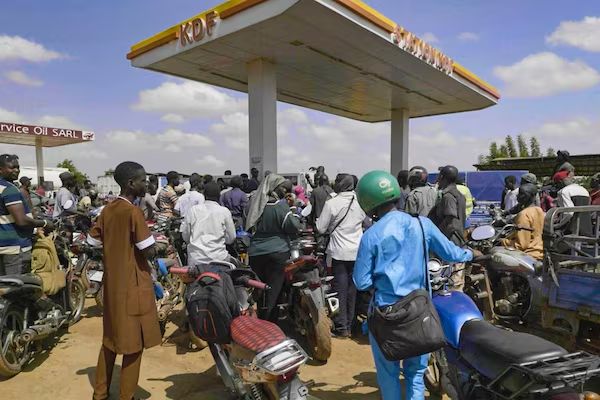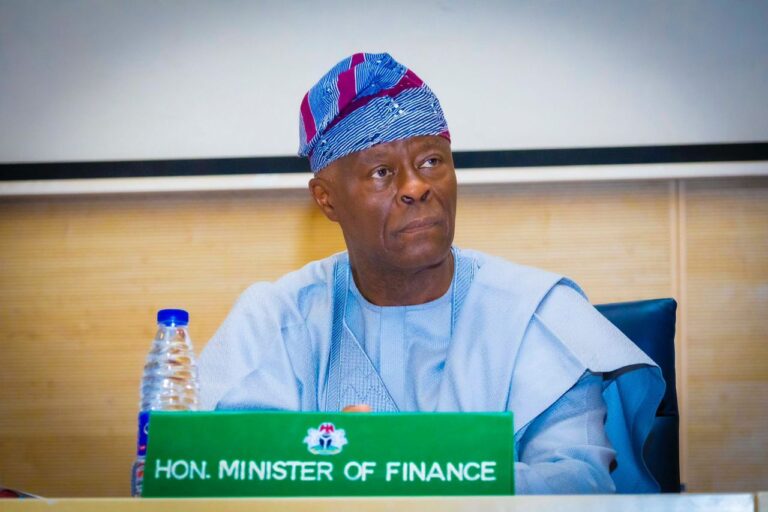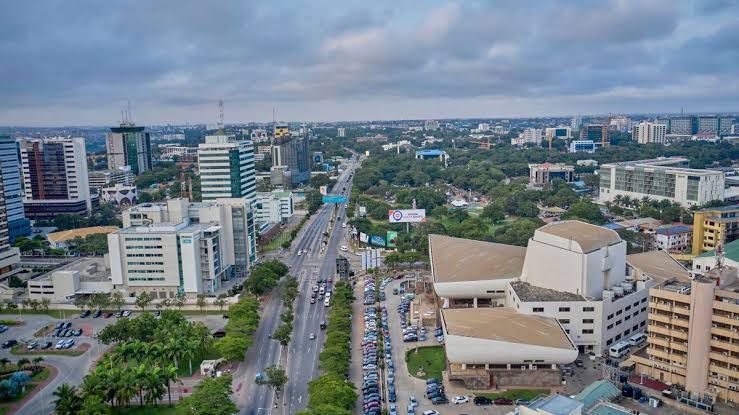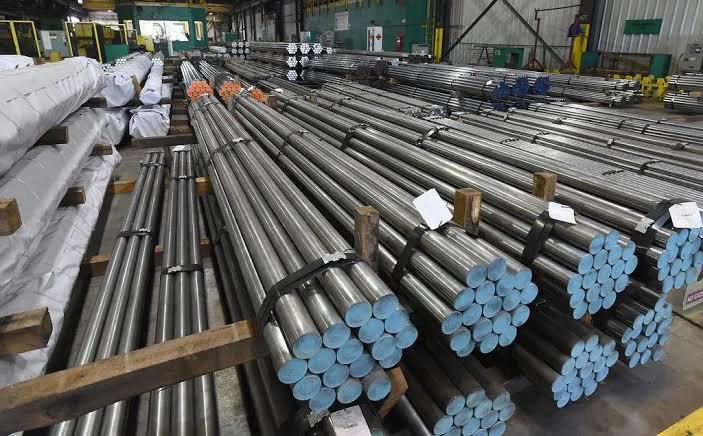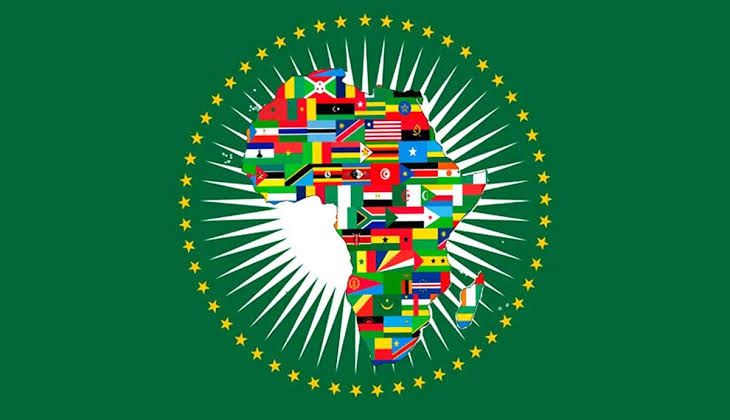The Malian government announced late Sunday the immediate and nationwide suspension of all school and university classes for a period of two weeks, effective Monday, citing a critical fuel shortage that has paralyzed transportation across the country.
The suspension aims to drastically reduce demand on the nation’s limited fuel supplies and alleviate the logistical pressures currently facing essential services. The measure will affect millions of students, from primary school levels up through tertiary education institutions across the vast West African nation.
Militant Blockade on Supply Routes
The immediate cause of the shortage is a sustained blockade on fuel imports imposed by the al-Qaeda-linked militant group Jama’at Nusrat al-Islam wal-Muslimin (JNIM). Since early September, JNIM has systematically targeted and attacked convoys of fuel tankers traveling from neighboring countries like Senegal and Ivory Coast, which are Mali’s primary sources of hydrocarbons.
Mali, a landlocked nation, imports over 95% of its fuel, making its economy and critical services highly vulnerable to disruption along these few major trade routes. The militant group intensified its campaign in retaliation for the government’s efforts to cut off fuel supplies to remote areas controlled by the jihadists.
In recent weeks, reports have emerged of dozens of fuel tankers being burned or destroyed, forcing oil companies to scale back operations and severely hindering the flow of fuel to the capital, Bamako, and other major cities.

The resulting scarcity has created crippling queues at operational petrol stations, driven up black-market prices, and even led to nationwide power cuts, as approximately 55% of Mali’s electricity is generated by hydrocarbon-fueled thermal power plants.
The government decree, broadcast on state media, confirmed that the suspension would last for 14 days. Authorities have indicated the break is intended to provide necessary time to stabilize the supply chain, replenish national fuel reserves, and restore regular distribution channels, which have been severely impacted in recent weeks.
The ongoing fuel crisis has been marked by reports of lengthy queues at petrol stations, skyrocketing black-market fuel prices, and mounting difficulties for daily commuters. Educational institutions, which rely heavily on transport for staff and student movement, were among the sectors facing unsustainable operational challenges due to the scarcity.
While the emergency measure is seen as a necessary response to the national energy crisis, it raises immediate concerns about the disruption to the academic calendar and the continuity of learning.




